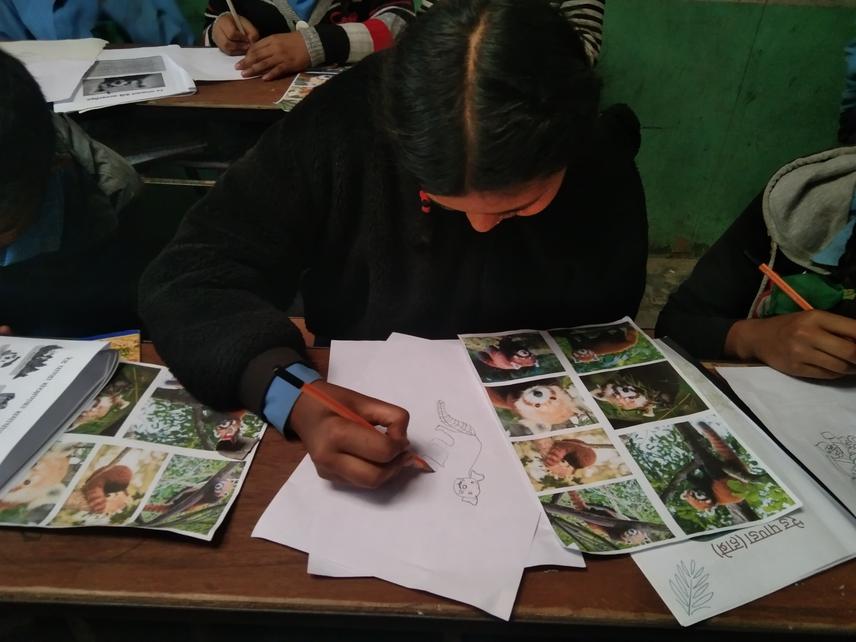Sabitri Rai
Red panda (Ailurus fulgens) is found in wild only in a few Asian countries including Nepal and it is nationally endangered (MOFE, 2018). Poaching, habitat fragmentation and cattle grazing severely impact its already declining population (NTNC, 2010; Thapa et al., 2019). In addition to it, local communities are largely unaware about its rarity, its conservation importance and are likely to continue those activities which severely impact the Red Panda. While lack of awareness is a main threat to Red Panda in the Gaurishankar Conservation Area and these threats can only start to be minimised by raising awareness of the species and of the threats (Jnawali et al., 2012; Bista, 2018; Bista et al., 2020).

In Nepal many studies have been done about the Red Panda’s ecology, status of its population and habitats, where many awareness programs about this endangered species have also been conducted. But very little or no work has been done to explore and evaluate the effectiveness of such interventions. So, this project will design and implement a conservation education program focused on the endangered Red Pandas for school students of Ramechhap and explore its effectiveness by anaylsing their knowledge, attitudes and perception about the Red Pandas.
This project will educate and empower school students through the Conservation School to be Red Panda champions in their communities. This will initiate a holistic approach where the students-led conservation actions in the form of focus group discussions, poster campaigns and presentations will build a common platform for local communities and stakeholder to engage on a collaborative conservation dialogue for Red Panda’s long-term conservation. Thus, supplementing conservation activities in the rural areas of Ramechhap which is often less.
It is important for stakeholders to undertake any conservation actions by understanding the effectiveness of conservation education and its incorporation in their conservation activities. And this project provides a unique case study about whether conservation education works and how it can be designed. This project will initiate community-based Red Panda conservation in Ramechhap through sensitisation of local communities about minimisation of threats and the conservation importance.